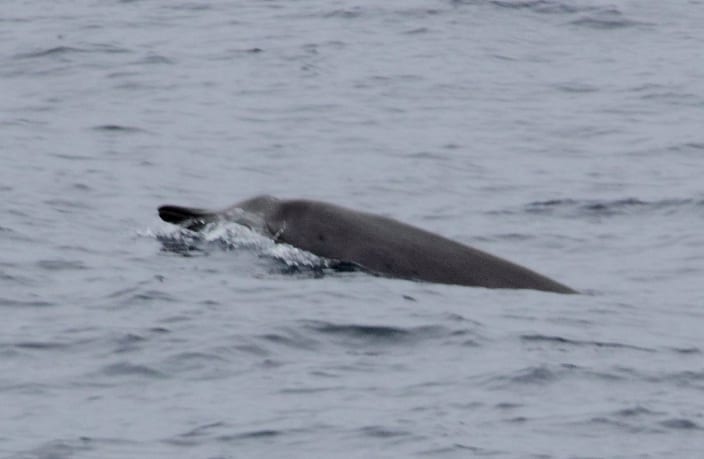The IWDG support the recent call by the ISWFO and the IFPEA for a 10 year moratorium on military exercises within the Irish EEZ. The IWDG support fishers right to work without feeling threatened by military exercises, additionally such a moratorium would also greatly reduce the threat these exercises pose to whales and dolphins.
While on this occasion the Russian Navy notified the State of their intentions, UK and NATO vessels regularly carry out naval exercises within the Irish EEZ. They have also been known to use active sonar within the Irish EEZ and such events have been linked to the mass mortality of deep diving whale species in Irish waters, most recently in 201
8 with an Unusual Mortality Event of Cuvier’s beaked whales in Ireland and Scotland. Mass strandings and inshore sightings of northern bottlenose whales and Sowerby’s beaked whales, which occurred in 2020, may also have been linked to naval activity.
Recent studies by the IWDG and the Galway-Mayo Institute of Technology have shown that Ireland’s continental shelf slopes and canyons are home to resident and migratory populations of beaked whales which are significant in a European context. For this reason the Irish Whale and Dolphin Group are proposing four additional Marine Protected Areas for deep diving cetaceans along the slopes of the Rockall Canyon, Porcupine Seabight and Whittard Canyon System.
The Northeast Atlantic has become a global hotspot for beaked whale unusual mortality events, with the world’s largest ever recorded beaked whale stranding event occurring in 2018, and such UME’s appear to be increasing in both magnitude and frequency. Given the vulnerability of beaked whales to underwater noise, supported by significant advances in our understanding of the impacts of military sonar on these animals, it appears ever more likely that military sonars used in or adjacent to important beaked whale habitats are a significant factor in these mortalities.


